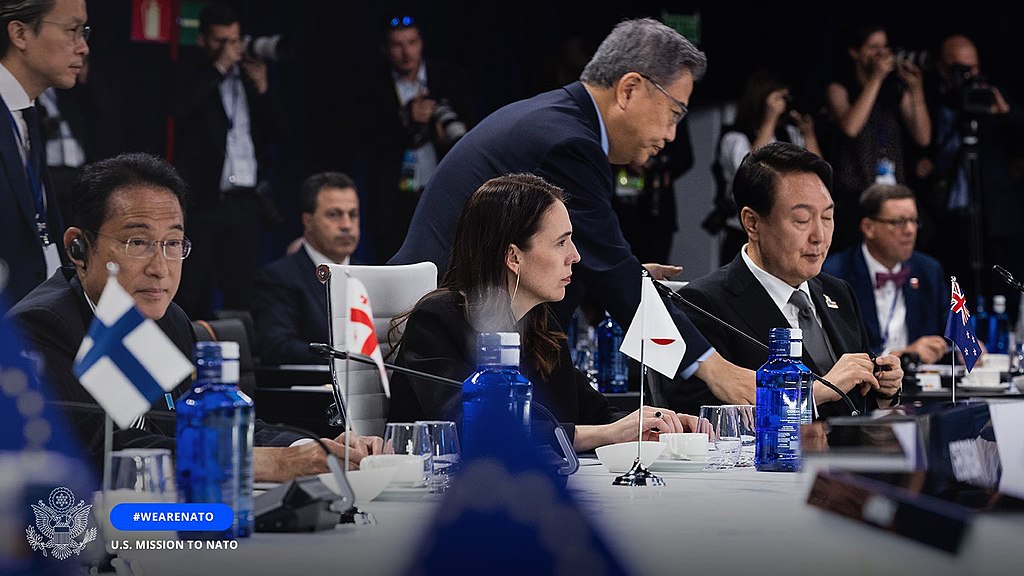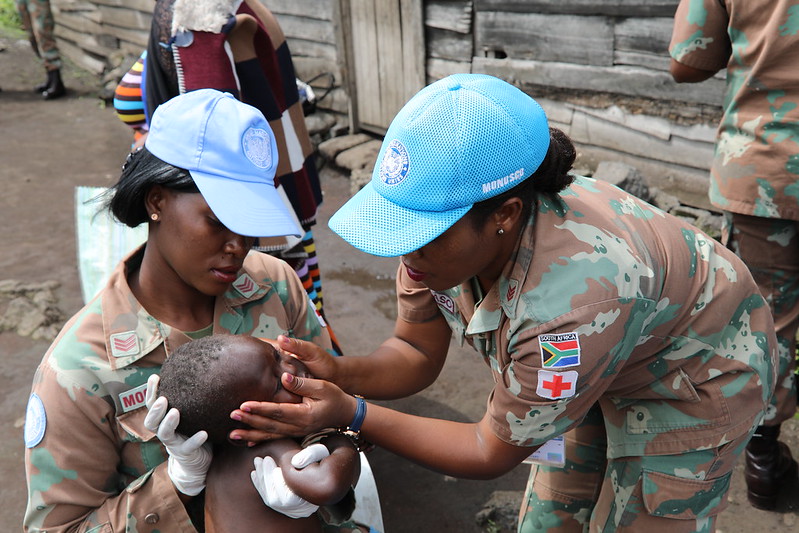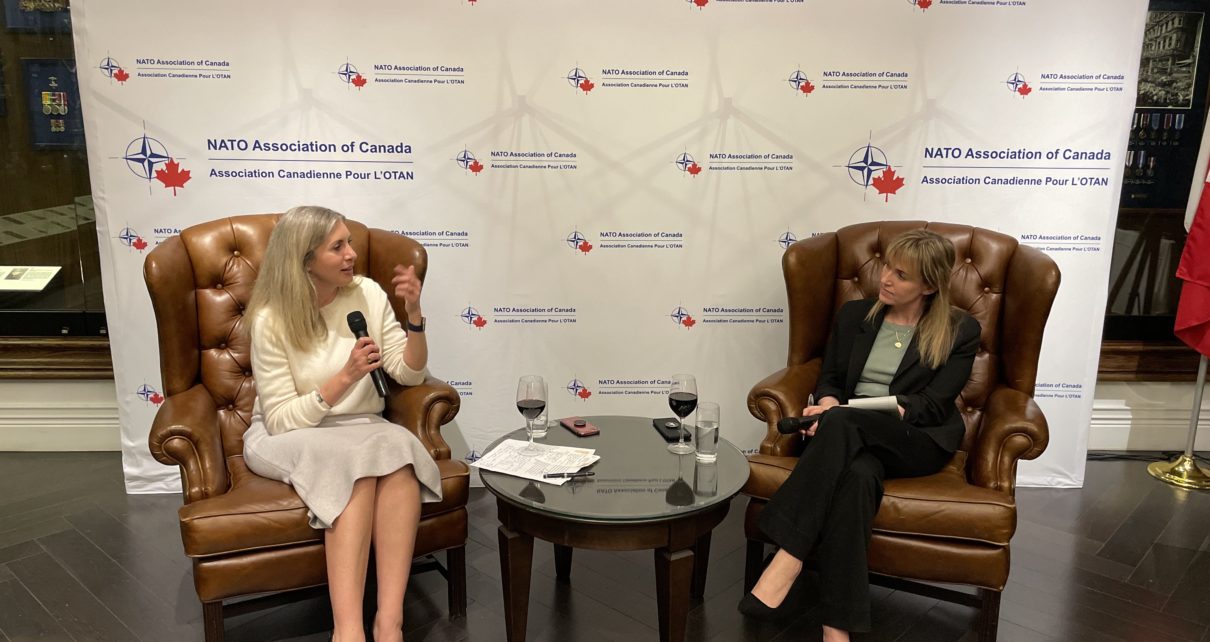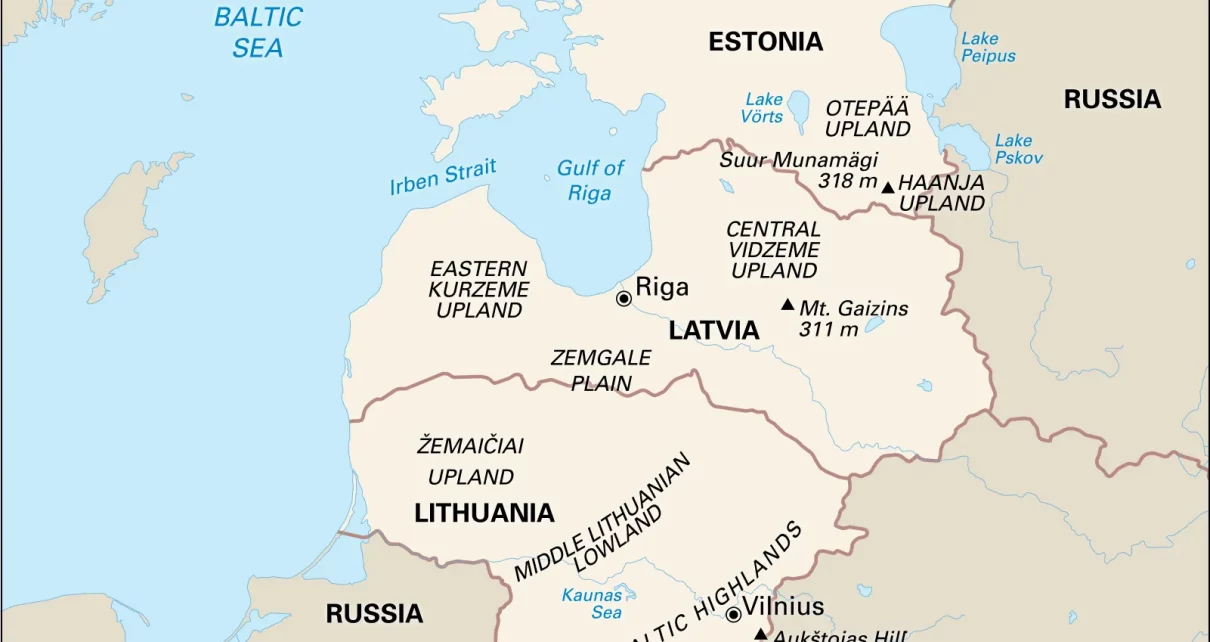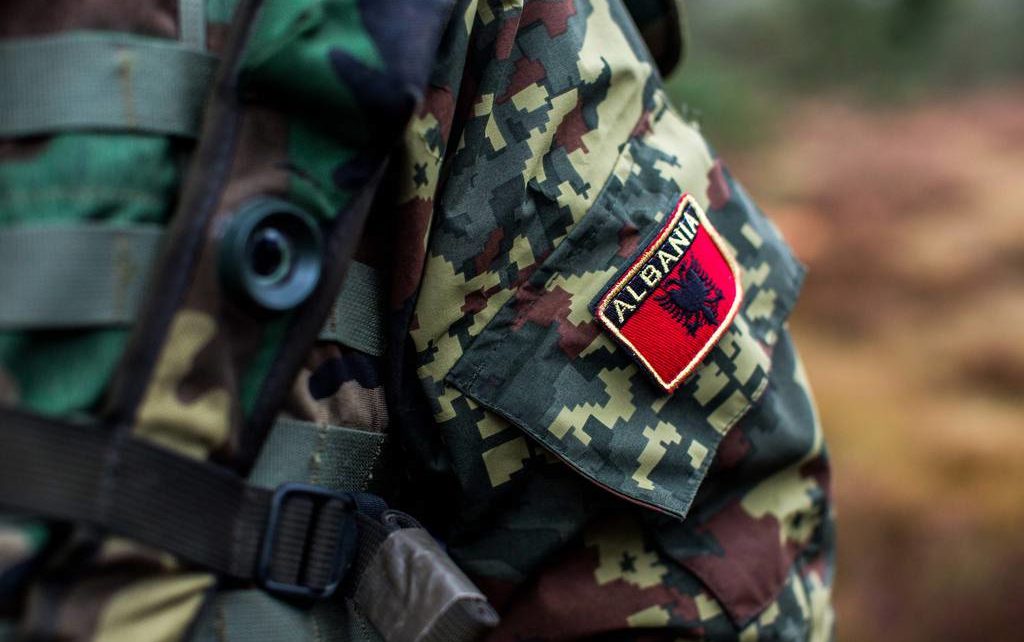VUCA. An acronym commonly used by organizational leaders within the business environment has now become all too relevant in the context of international affairs. V. Volatile. U. Uncertain. C. Complex. A. Ambiguous. This is the state that humanity currently finds itself in. Ranging from realities such as increasing levels of political polarization to the rise Read More…
Tag: Women in Security
The Societal and Political Treatment of Women in Politics
If you were to ask any gender equality organization, coalition, collective or feminist action group, most would agree that there needs to be more female leaders. Further, there is a dire need to have more women in leadership as heads of state, Presidents, and in high-level political positions – in 2018, roughly only 23.8% of Read More…
The Power of Women in Peacekeeping and its Promise for Security
It’s no secret that much of the scope of international relations, especially the security sector, is a world dominated by men. In high-level political forums, military zones, negotiation processes – women are still largely outnumbered by men in these spaces. However, the power of women in peacekeeping and peace operations cannot go understated. Women who Read More…
The CAF’s Sexual Misconduct Settlement: Lessons Learned and the Way Forward
In December, 2022, the Canadian Minister of National Defence, Anita Anand, presented a report to the Canadian parliament that related the progress of the Canadian Armed Forces’ (CAF) efforts at reform in the face of widespread reports of sexual assault in its ranks. The last three years have seen the resignation of many high-level Canadian defence officials, Read More…
The NATO Association of Canada Sponsors a Book Launch
On April 13, the NATO Association of Canada sponsored a book launch forDeploying Feminism: The Role of Gender in NATO Military Operations, the most recent book by Dr. Stéfanie von Hlatky, Associate Professor, Queen’s University, at the Royal Canadian Military Institute in Toronto. Dr. Madison Schramm, Assistant Professor, University of Toronto, moderated the discussion. The Read More…
Connection as Currency: Josée Touchette’s Key to Decision-making
What do multilateralism and human connection have in common? According to Josée Touchette, they both play a role in the solving the world’s most pressing issues. On January 24th, Josée Touchette, Executive Director of the Organization for Economic Cooperation and Development (OECD), spoke at the Munk School of Global Affairs and Public Policy regarding multilateralism Read More…
Are Peacemaking Processes in Peril?
Is peacemaking in peril? In this article, Maya Gandhi highlights the lack of progress made on the United Nations Sustainable Development Goals and how it could negatively affect the international community’s ability to bring innovative and sustainable peace to regions enduring conflict.
The International Implications of Roe v. Wade’s Overturn
The international community has responded to the US Supreme Courts’ overturn of Roe v. Wade. In this article, Jordan McEwen highlights international concerns, specifically for human rights and democracy.
Defying Stereotypes: The Growing Importance of Women in the Armed Forces of the Baltic States
In the northeastern region of Europe, on the eastern shores of the Baltic Sea, are three small but critical NATO member-states: Estonia, Latvia, and Lithuania. Referred to collectively as the Baltic states, these countries are members of the European Union and have played an important role in NATO since they joined the alliance in 2004. Read More…
Examining the Setbacks in Women Leadership in the Context of the Albanian Armed Forces
Women in positions of leadership has been a subject of debate recently in the Albanian Armed Forces. However, a new political improvement was the commitment to the adoption of the UN resolution on Women Peace and Security, which served as the benchmark for the forthcoming Albanian National Action Plan (ANAP) Despite the ongoing progress made in ten years, the figures on paper differ from reality.


